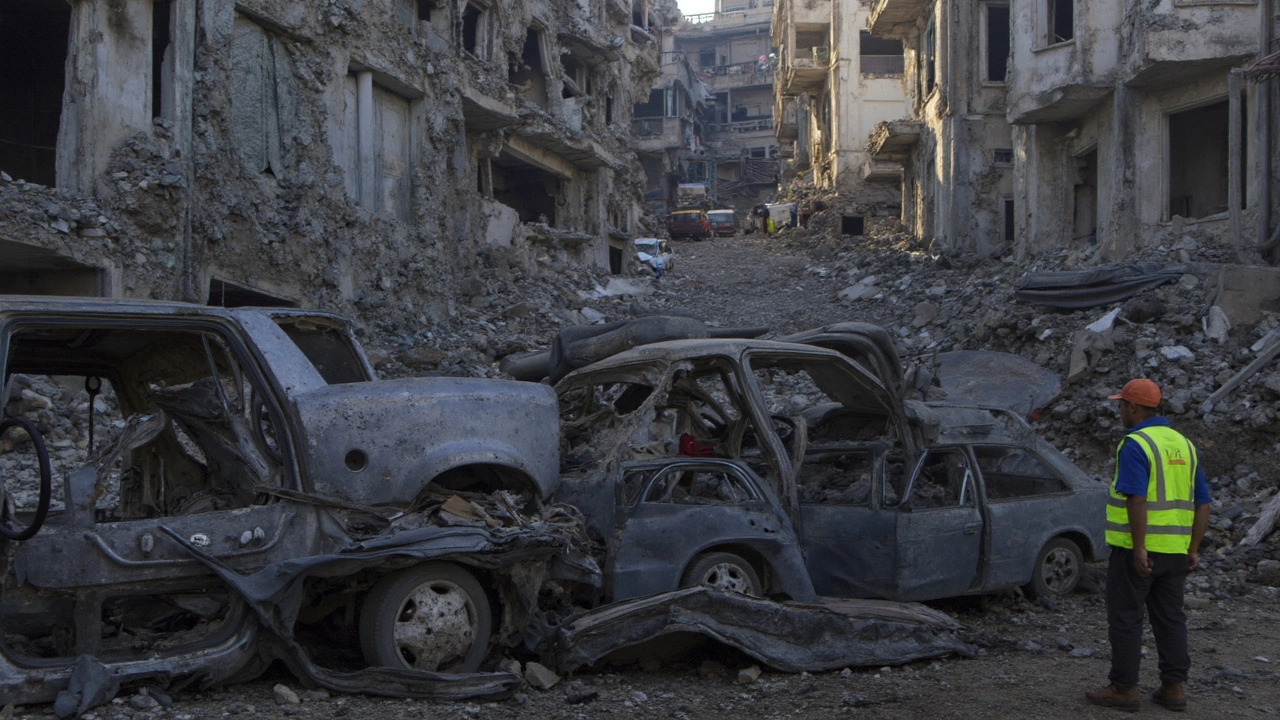Civilian Casualties – Latest News & Analysis
Every time a clash erupts in Africa, ordinary people often pay the highest price. When we talk about civilian casualties we mean anyone who isn’t part of an armed force but gets hurt or killed because of fighting. Knowing what’s happening helps you see the real cost of conflict and pushes leaders to act.
Why does this matter to you? First, families lose breadwinners, children miss school, and entire neighborhoods can be left without water or electricity. Second, these stories shape policies on aid, peace talks, and refugee support. When you read about a village in the DRC losing dozens of civilians, it’s not just numbers – it’s real lives that need help.
What Counts as a Civilian Casualty?
A civilian casualty includes anyone who dies, gets injured, or suffers lasting harm during an armed incident while not being a combatant. That covers kids caught in crossfire, medics hit by stray bullets, and people displaced because their homes were bombed. International law draws the line at combatants, but on the ground the line blurs fast.
Reports often separate “direct” casualties (those hit by weapons) from “indirect” ones (people who die later from lack of medical care or disease caused by the conflict). Both are important because they tell a fuller story. For instance, after the recent clashes in Sudan, hospitals were overwhelmed, leading to dozens more deaths from treatable injuries.
How to Track Ongoing Reports
The fastest way to stay updated is to follow reliable African news outlets and NGOs that publish daily briefings. Our tag page gathers those stories in one spot so you don’t have to chase multiple sources. Look for updates from the UN Office for the Coordination of Humanitarian Affairs (OCHA), Amnesty International, and local journalists on the ground.
If you want alerts, subscribe to our newsletter – we send a short email each morning with the top civilian casualty stories of the day. Social media can be noisy, so stick to verified accounts; a blue check or a link to an official organization helps filter out rumors.
When you read a report, ask yourself: Who is affected? What caused the harm? Is there any response from authorities or aid groups? These questions help you sort facts from speculation and share accurate information with friends and family.
Getting involved doesn’t mean you have to travel to a war zone. You can donate to reputable charities that provide medical kits, food, and shelter to affected civilians. Even sharing a well‑sourced article helps raise awareness and puts pressure on decision‑makers.
Remember, each statistic represents a person with hopes, dreams, and loved ones. By keeping the conversation alive, you contribute to a world where civilian lives are protected and conflicts are resolved faster.

Israel-Iran War: Missile Strikes and Escalating Crisis Rock Middle East
Jun 15, 2025, Posted by Ra'eesa Moosa
The Israel-Iran war has taken a deadly turn as both sides unleash powerful military strikes, leaving cities in ruins and families devastated. Civilians bear the brunt of violence, with stories of rescue emerging amid widespread destruction. The conflict’s fallout is reshaping Middle East alliances and drawing global concern.
MORE